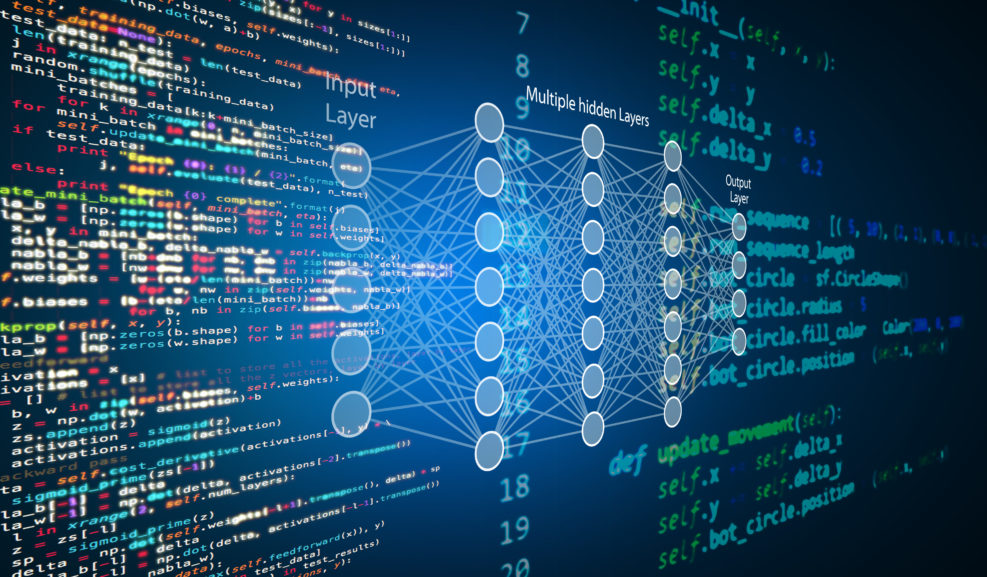
Archives


War With China: Who Will Win?
Has the United States lost its status of military superiority?
Human Trafficking In Your Own Backyard

US Military Updates Autonomous Killer Robot Policy
Like it or not, properly vetted AI autonomous weapons are in the future of US adversaries and in ours as well
Is the Human Brain Just GPT-3 Made of Meat?

Is The Mind an Illusion?

Ways the Brain Can Heal

Note to Parents: Grooming and Wokeness Are Embedded in Chatbots
With or without tuning, all AI chatbots are biased one way or another. AI without bias is like water without wet
How San Francisco’s Gun Fears Prevented Lifesaving Innovation
Killer robots in law enforcement would reduce the death toll but they are a bridge too far for many politicians
Ways the Brain Can Break

The Practice of Medicine and Ongoing Issues with Opioid Addiction

Celebrating My 2 Billionth Birth-Second: What Big Numbers Mean
Let’s see if we can give a clearer, sharper personality to these big numbers
Defining the Role of AI in Patents

Did the GPT3 Chatbot Pass the Lovelace Creativity Test?
The Lovelace Test determines whether the computer can think creatively. We found out…
How Google’s LaMDA Resolved an Old Conflict in AI
Will two conflicting views always be in opposition? Or can they sometimes be resolved at a higher level?
Can AI Be Issued Patents?

How the Inflation of Journal Citations Impacts Academia
Adjusted for inflation, a citation today is worth about half what it was ten years ago
Patents and the Creativity Requirement

Patents: A License To Sue
